THE AFRICAN COMMUNITY NEWSPAPER
CAMILLE DAVIDSON TO BE PRESIDENT OF MITCHELL HAMLINE SCHOOL OF LAW
Will be first Black woman in the role
 BY PANASHE MATEMBA-MUTASA PAGE
BY PANASHE MATEMBA-MUTASA PAGE

CAMILLE DAVIDSON TO BE PRESIDENT OF MITCHELL HAMLINE SCHOOL OF LAW
Will be first Black woman in the role
 BY PANASHE MATEMBA-MUTASA PAGE
BY PANASHE MATEMBA-MUTASA PAGE
Long time educator Camille Davidson is the new president and dean of Mitchell Hamline School of Law, becoming the first Black woman to serve in this role at the institution.
She is set to begin her work on July 1, leaving her current role as dean at Southern Illinois University (SIUS) School of Law and replacing Interim president and dean Jim Hilbert.
“Camille emerged as a standout candidate early on in a pool of highly qualified individuals,” said former trustee Jim Jacobson, who led the search for this appointment.
Davidson holds a bachelor’s in business administration from Millsaps College in Mississippi and a J.D. from Georgetown University Law Center in Washington, DC. Before becoming a dean of SIU and serving as a professor at North Carolina’s Wake Forest and Charlotte School of Law, she was an assistant counsel in the US House of Representatives. She also worked as a judicial hearing officer and in health law in North Carolina.
The dean-to-be expressed enthusiasm about her upcoming role.
“I am thrilled to be leading Mitchell Hamline,” said Davidson in a statement. “Mitchell Hamline’s record of innovation and adaptability . . . speaks to its independence and forward-looking approach.”
Davidson began her tenure at SIU Law in July 2020 and recently secured their largest-ever donation of $10 million. Her stewardship led to SIU Law upticks in applications, diversity, and post-graduation employment rates. She says she is excited to bring her talents to Minnesota, jokingly adding that she already bought two winter coats.
“I have a long history of both practicing law and teaching law in various environments and I look forward to bringing my wealth of experience to this region,” Davidson said.
Davidson began her career in higher education in 2004 at Davidson College where she spent two years. Followed by a clerkship at the D.C. Superior Court in Washington, D.C.
After her clerkship at the D.C. Superior Court, she became assistant counsel in the Office of the Legislative Counsel, U.S. House of Representatives.
The dean-to-be spent 11 years at Charlotte School of Law both as a professor and administrator teaching health law and trusts and estates courses.
At Wake Forest University School of Law, Davidson taught the online Master of Legal Studies program.
According to numbers provided by Mitchell Hamline, the school has almost 1,200 enrolled students as of December 2023. 61% of those enrolled are pursuing their law degree on a part time basis.
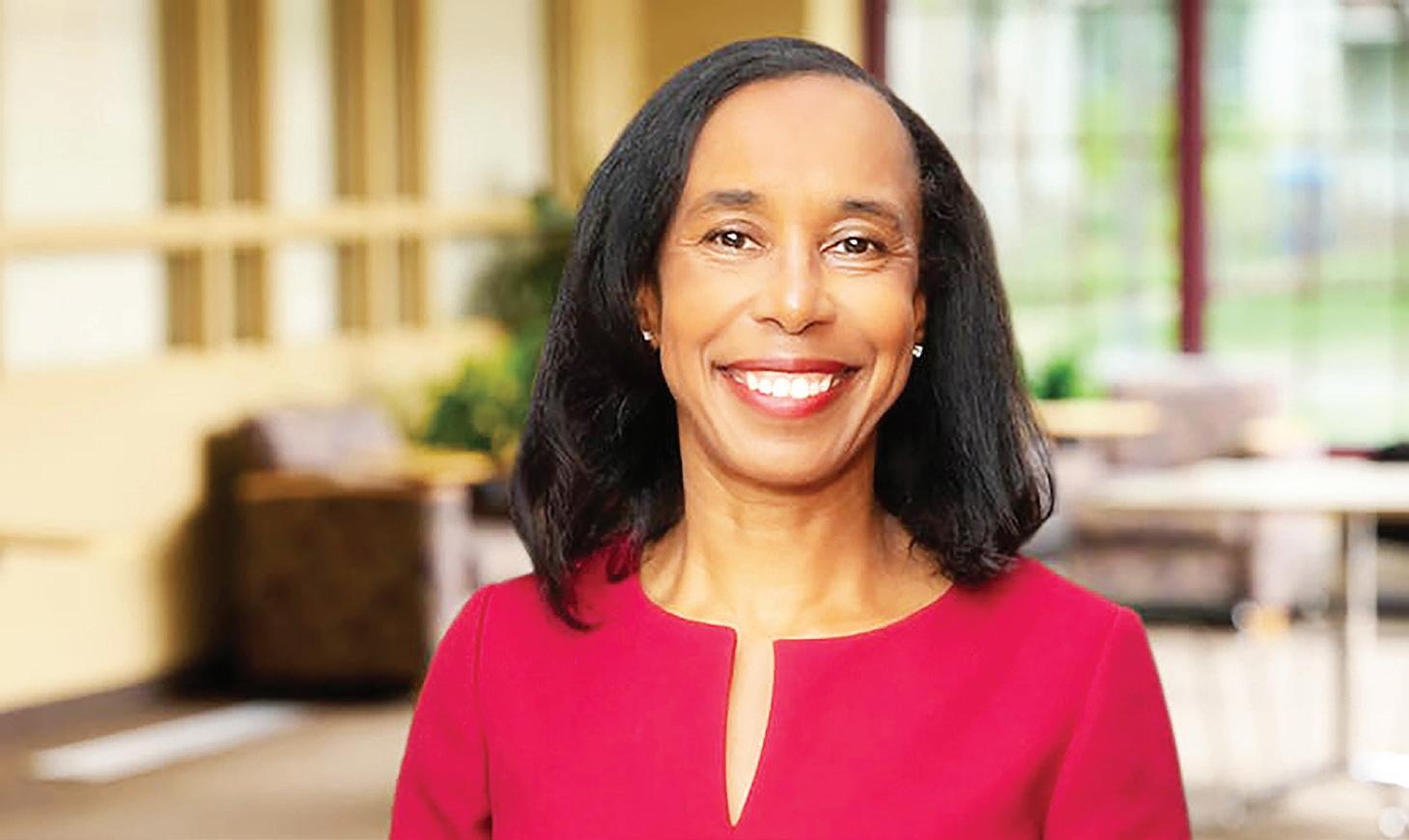
Students of color comprised 31% of the Fall 2023 entering class of 350 with 61% of that class being
female and 34% being first generation students and 91% were first generation law students. 18% of the Fall 2023 entering class were LGBTQ+.
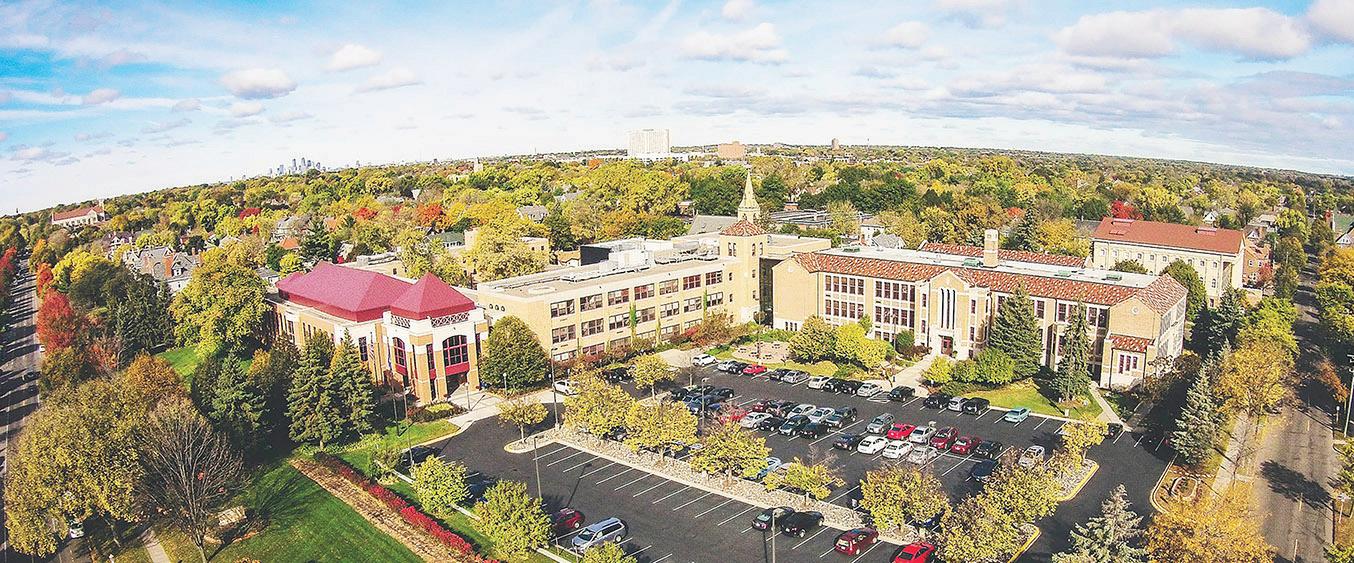

Diversity, Equity, and Inclusion (DEI) efforts have become popularized within corporate and organizational structures worldwide, aiming to create workplaces that reflect the diverse society we live in. However, despite the best intentions, traditional DEI initiatives often fall short, becoming more about performative gestures than fostering real change. This article delves into why the old model of DEI is considered “dead” and how the new DEI, guided by Justice, Equity, Diversity, and Inclusion (J.E.D.I.) principles, can lead to authentic transformation.
It can be argued that the very foundation of this country is based on the pursuit of justice, opportunity, freedom, and participation – from the European pilgrims who vacated England seeking these values to the abolitionists who in the 1800’s fought to abolish slavery to Lincoln’s Emancipation Proclamation, to the founding of the first Historically Black Colleges and Universities, to the labor unions who sought to improve working conditions during the Industrial Revolution, to the opening of Ellis Island to accept millions of immigrants into the country, to the women’s suffrage movement, to Franklin Roosevelt’s New Deal. The ideals of diversity, equity, and inclusion are the red thread running through each of these efforts and more.
The formal conception of DEI, however, originated in the 1960s, during the civil rights movement in the United States. It was a period marked by significant societal upheaval, with activists fighting for equal rights for African Americans and other marginalized communities. This movement laid the groundwork for the first DEI initiatives, which were primarily focused on racial and gender equality in the workplace.
Over the decades, DEI efforts expanded to include a broader range of identities, including sexual orientation, disability, age, and more. The goal was to create environments where all individuals, regardless of their background, could thrive. However, as DEI programs became more widespread, a gap emerged between the rhetoric of inclusivity and the reality of persistent inequalities and biases in the workplace.
Performative DEI refers to actions that organizations take to appear inclusive without implementing meaningful change. This can include public statements of solidarity, diversity training sessions that fail to address systemic issues, or hiring a handful of diverse employees without fostering an inclusive culture that supports their growth and success. Similarly, performative allyship occurs when individuals or entities express support for marginalized groups in ways that are more about self-congratulation than about effecting real change.
These practices are problematic because they maintain the status quo, allowing organizations to check the DEI box without challenging the deeper systemic injustices that hinder true equity and inclusion. Omar L. Harris argues that for DEI efforts to be genuine, they
must move beyond surface-level gestures and tackle the root causes of inequality.
Harris’s J.E.D.I. Leadership series presents a compelling framework for reimagining DEI initiatives from anti (racism, sexism, ableism, ageism, genderism, etc) to a unifying for (fairness, opportunity to participate, innovation, and engagement). The addition of Justice to the DEI acronym underscores the importance of addressing systemic issues that perpetuate inequality. Here’s how the J.E.D.I. principles can guide organizations toward more impactful DEI efforts:
• Justice: ensuring fairness and consistency.
• Equity: providing opportunity for fuller participation.
• Diversity: transforming difference into innovation.
• Inclusion: being engagement-and productivity -focused.
By adopting the J.E.D.I. framework, organizations can move from performative DEI to creating spaces where justice, equity, diversity, and inclusion are not just aspirational goals but lived realities.
The transition to the new DEI requires a commitment to ongoing self-reflection, learning, and action at both the individual and organizational levels. It involves critically examining existing policies and practices to identify areas where injustices may be perpetuated and working collaboratively to develop solutions. Leaders play a crucial role in this process by modeling inclusive behaviors, holding themselves and others accountable, and prioritizing equity in decision-making.
Moreover, genuine DEI initiatives must be integrated into every aspect of an organization’s operations, from recruitment and retention to product development and customer service. This holistic approach ensures that DEI is not an isolated effort but a fundamental aspect of how the organization functions.
The call to move beyond performative DEI and allyship is a call to action for all who are committed to creating genuinely inclusive and equitable societies. By embracing the principles of J.E.D.I. leadership, organizations can contribute to meaningful change, moving closer to a world where diversity is celebrated, equity is achieved, and inclusion is the norm. The old DEI may be “dead,” but in its place, a more powerful, justice-oriented approach is emerging, offering hope for a truly inclusive future.
Omar Luqmaan-Harris is an author and founder and managing Partner of Intent Consulting, a human-centered management consulting firm. He wrote this for National Newspaper Publishers Association (NNPA) where it first. NNPA is the trade association for Black newspaper publishers eastablished in 1940.

CAPE TOWN, South Africa (AP) — South Africa’s foreign minister says her country’s citizens who fight in the Israeli armed forces or alongside them in Gaza will be arrested when they return home, deepening the rift between the nations after South Africa lay accusations of genocide against Israel at the United Nations’ top court.
Foreign Minister Naledi Pandor made the comment earlier this week at a Palestinian solidarity event attended by officials from South Africa’s ruling African National Congress party.
She also encouraged people to protest outside the embassies of what she called the “five primary supporters” of Israel and its military action in Gaza. She didn’t name them but almost certainly was referring to the United States, the U.K. and Germany among others.
“I have already issued a statement alerting those who are South African and are fighting alongside or in the Israeli Defense Forces: We are ready. When you come home, we are going to arrest you,” Pandor said, to rapturous applause from the audience.
In December, the foreign ministry said that the South African government was
concerned that some of its citizens or permanent residents had joined the IDF to fight in Gaza and warned that they could face prosecution if they hadn’t been granted permission to do so under South Africa’s arms control laws.
Those with dual South AfricanIsraeli citizenship could be stripped of their South African citizenship, the foreign ministry said.
Pandor’s comments represented an apparent hardening of the government’s stance.
It’s not clear how many South African citizens have fought for Israel during the current war in Gaza. South Africa has a significant Jewish population of around 70,000 people.
The South African government was a vocal supporter of the Palestinian people and a critic of Israel even before the current war.
The issue is close to the ruling ANC party and many South Africans, who for years have compared Israel’s policies against Palestinians in Gaza and the West Bank with the treatment of non-whites in South Africa during its apartheid era of forced racial segregation and oppression.

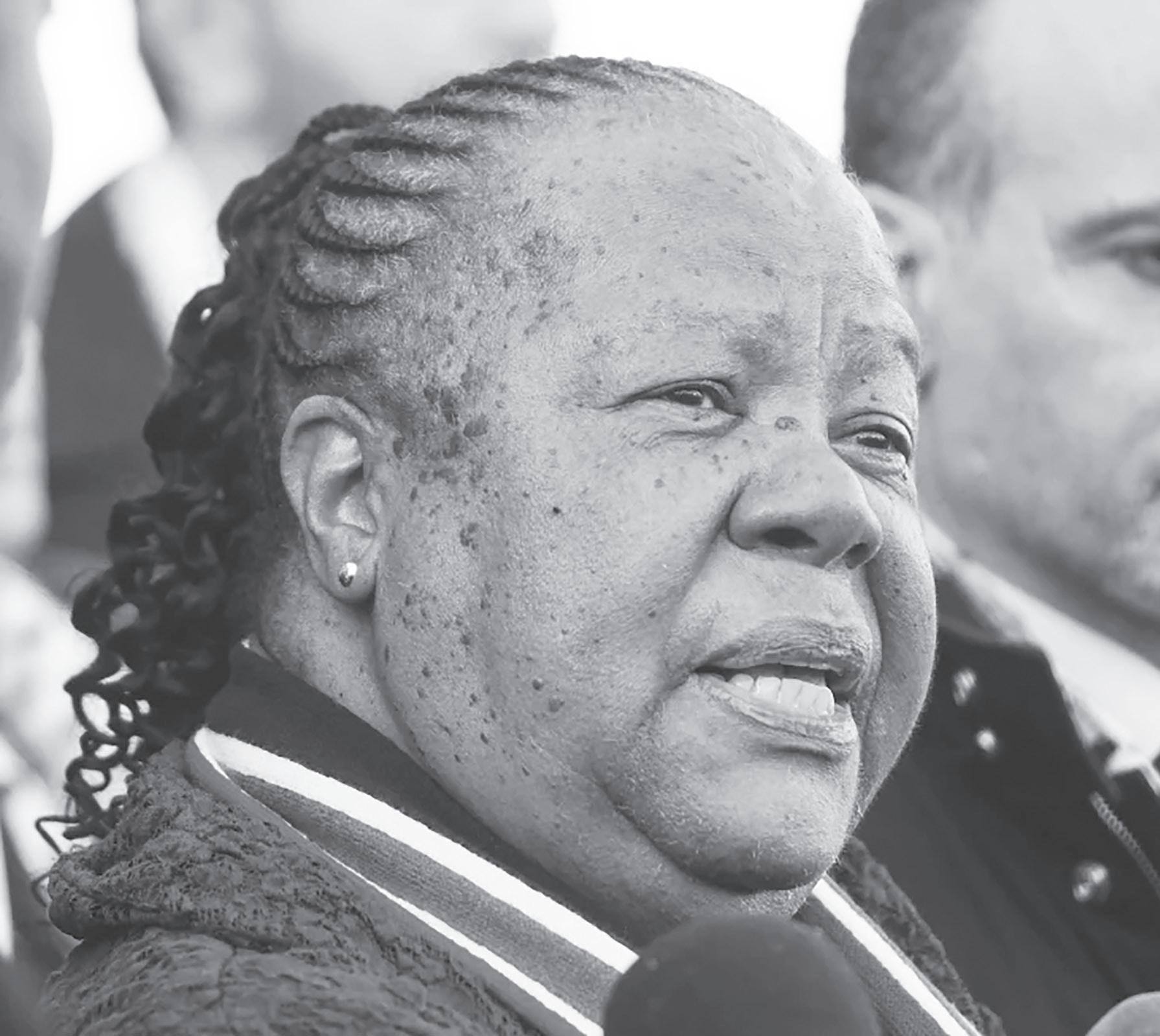
Israel denies South Africa’s charge that it has enforced a form of apartheid on Palestinians in the West Bank and Gaza, and strongly rejects the charge by South Africa in the International Court of Justice that it is committing genocide in Gaza. That case may take years for a verdict.
Israel has replied by accusing South Africa of being a representative of the Hamas militant group that attacked southern Israel on Oct. 7, killing around 1,200 Israelis and taking 250 hostages back to Gaza, sparking the war.
Israel’s assault on Gaza has killed over 31,000 Palestinians, driven most of the coastal enclave’s 2.3 million people from
their homes and caused a humanitarian disaster, with hundreds of thousands of Palestinians on the brink of starvation.
Pandor asked audience members at the Palestinian solidary event this week to make posters with the words “Stop Genocide” and protest outside the embassies of what she called the “five primary supporters” of Israel.
“Don’t only come to this dinner. Be visible in the support of the people of Palestine,” she said.
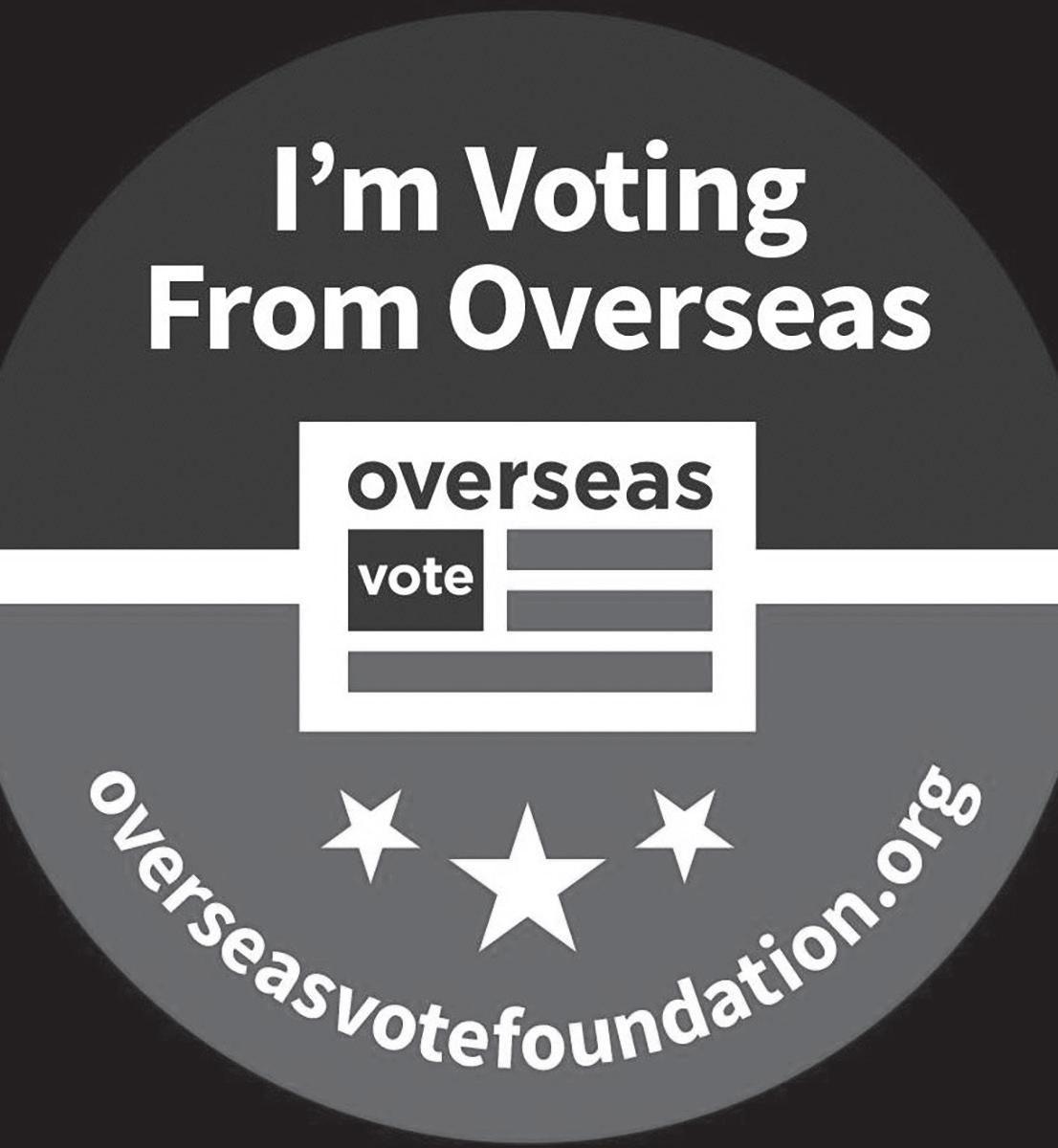
Minnesota Attorney General Keith Ellison visited FAIR School in Crystal Friday to speak to students about careers, leadership and civic engagement during a “Youth Pathway to Civic Education and Careers (YPCEC)” event organized by The Inner Hero, a Twin Cities nonprofit that provides mentoring programs for the youth.
FAIR is a magnet school that is part of the Robbinsdale Area school district.
Ellison, who is also a former congressman, told students during an interactive question and answer session in a packed school auditorium that in his younger days while exploring career options, a career in law or one that involved helping society, was at the top of his mind.
“I knew I didn’t want to be a doctor or an engineer,” he said. “I admired people like Thurgood Marshall and folks like those, so I was drawn to something where I could serve as many people as possible.”
Ellison told the students that in his previous stints as a civil rights lawyer or congressman, he did not let the job he
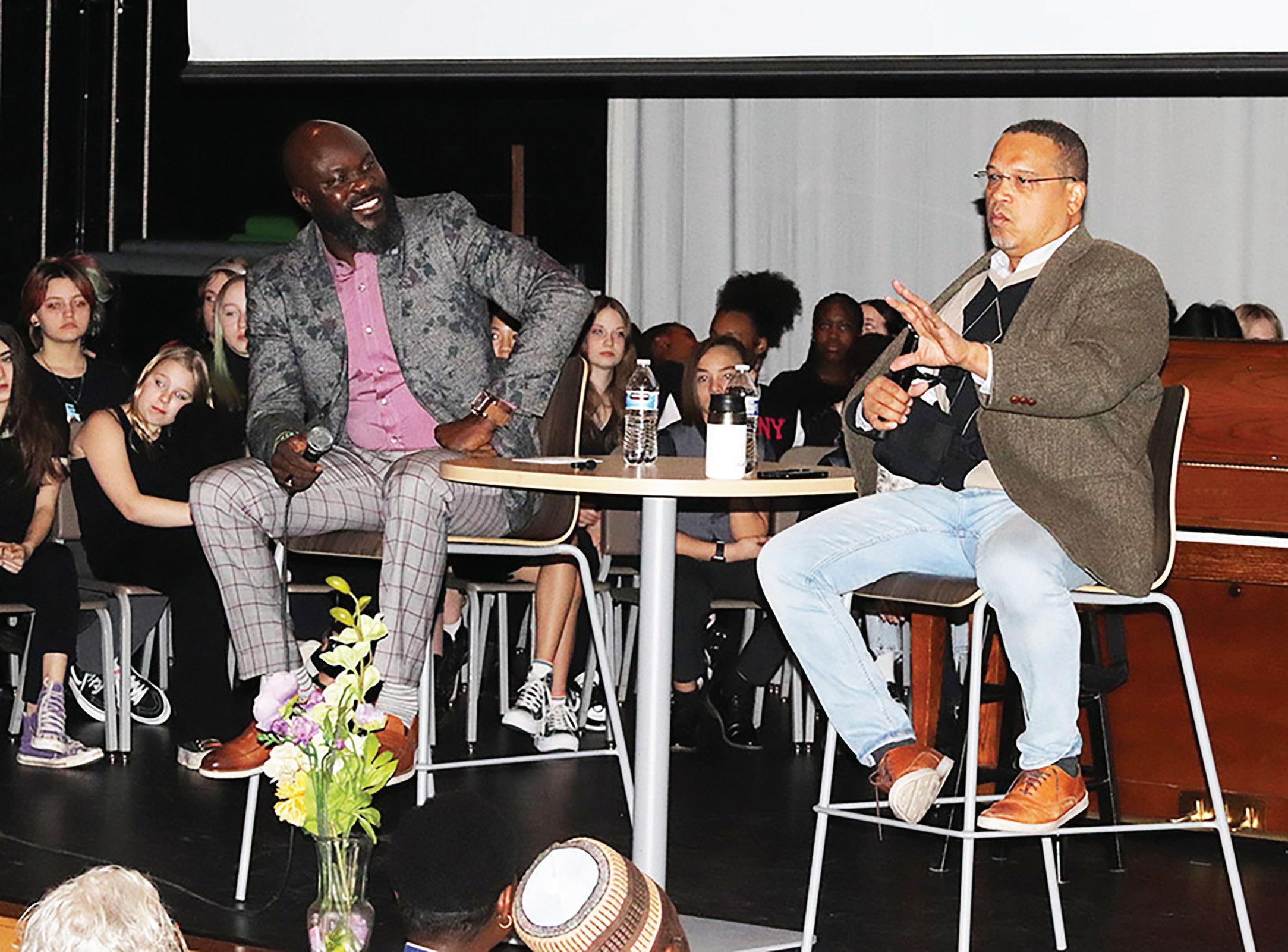
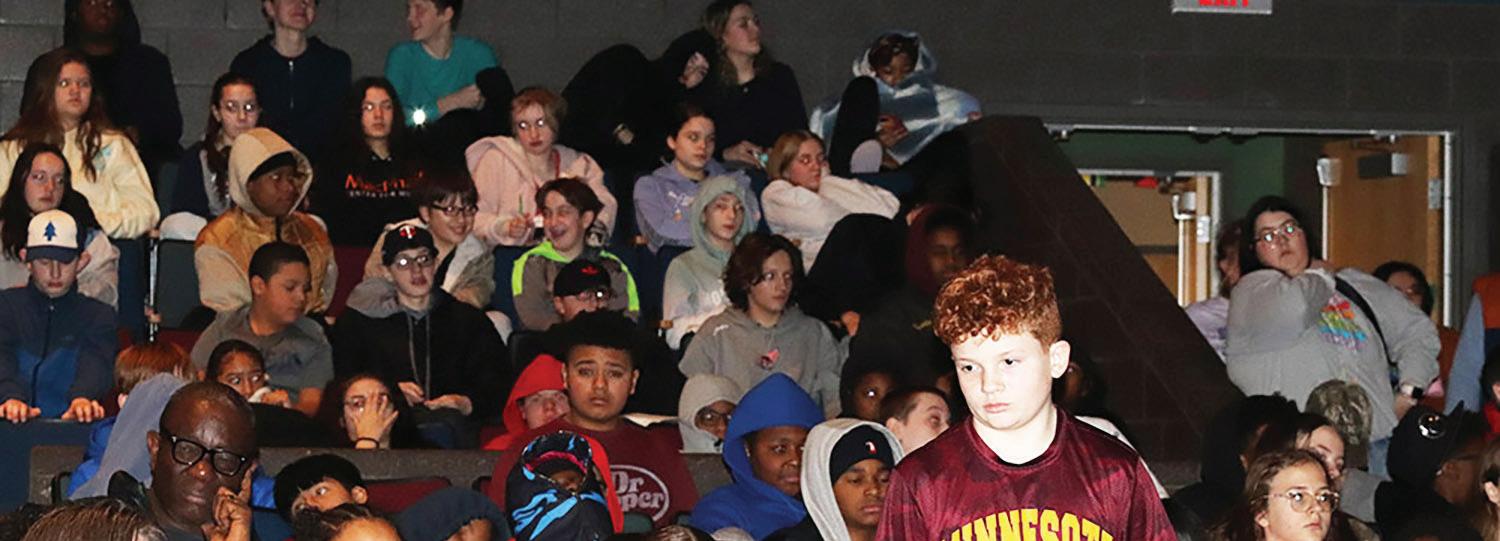

Continued from Pg. 5
held at any given time define him as that would have detracted from the service he wanted to provide to the community.
“I want you to practice what you are passionate about,” he said. “I want you to practice that passion so much that when the moment comes for you to do the job, you can do the job.”
He added that even as one chooses what to pursue for a career, to excel in your chosen field it is important to make yourself aware of and familiar with other disciplines so that “you are well rounded in whatever you choose to do.”
Ellison fielded a number of questions relating to his work and role as attorney general, and his high-profile prosecution of the police officers that killed George Floyd in Minneapolis, and Daunte Wright in Brooklyn Center. Crystal shares a border with Brooklyn Center and FAIR school is just five miles from where Wright met his death.
The attorney general, who is the first Black person to win a statewide race in Minnesota, said strong family ties and an upbringing that emphasized a strong moral character by his parents – for him and his siblings – is what prepared him for this moment.
A strong moral character will allow you to do the right thing even when it is not popular, he told the cheering students.
“If I did not have a strong moral character there is no way I would have prosecuted the George Floyd case, as win or lose someone was going to be mad at me,” Ellison said.
Ellison said his prosecution of the Floyd and Porter cases spurred
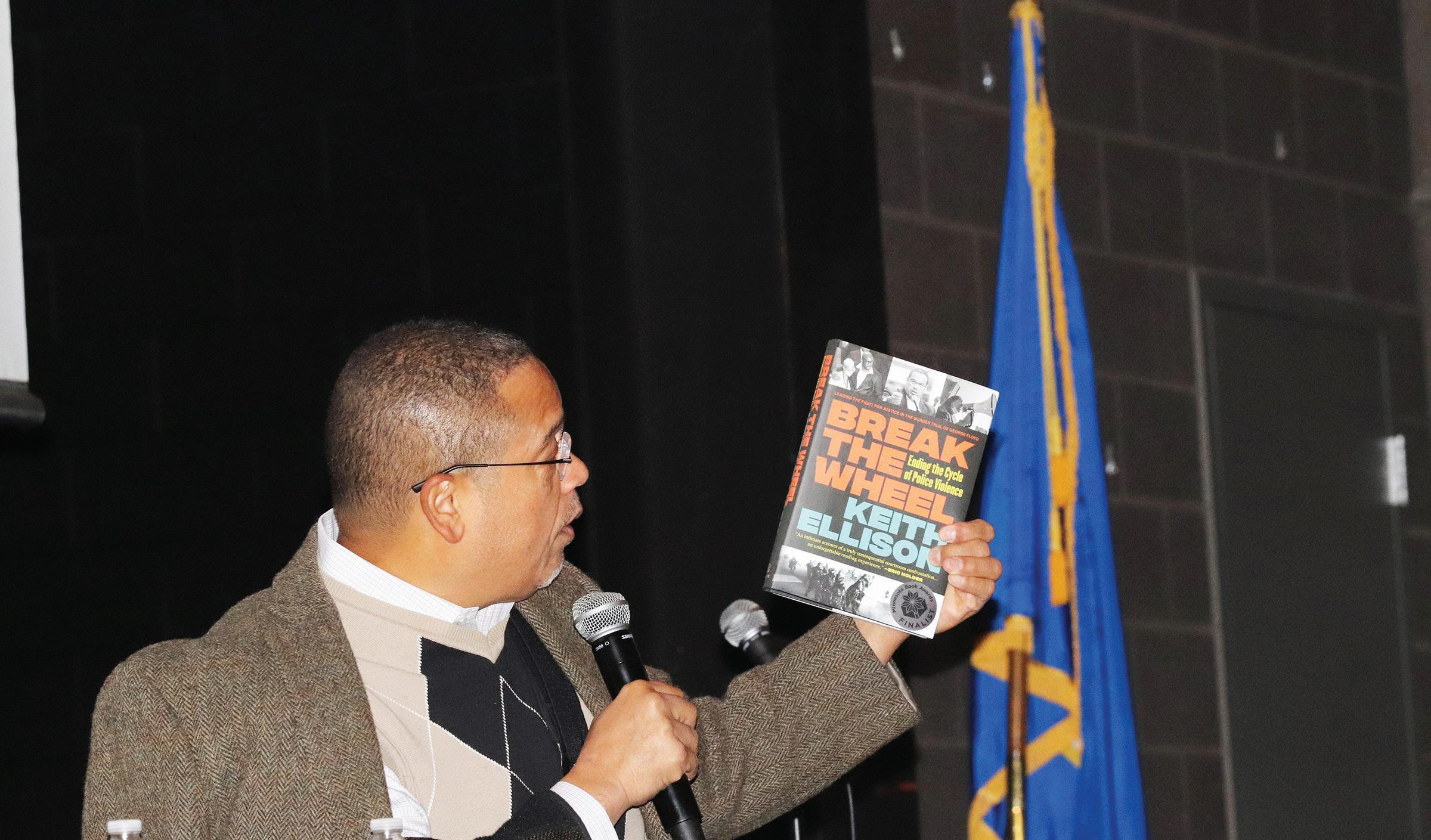
of $3 million to defeat him in his reelection campaign. He said that did not make him dislike the police.
“We are friends, we are good (with the police),” he said. “I really admire the police, and I think you should admire the police, and I hope some of you join the police department.”
Ellison said students should not underestimate their power even at their young age, giving the example of Darnella Frazier, who was 17 when she recorded George Floyd’s murder.
“What they did is what they are allowed to do legally, they stood at a distance
“If it hadn’t been for what they did, I don’t know if George Floyd would have had any kind of justice, it just goes to show that it is not the elected officials or the big shots that make the difference.”
The Inner Hero founder and executive director, Mr. Ambrose Russell, told Mshale at the Friday event that it was the first in a series of upcoming YPCEC events that aim to foster leadership skills and personal development among the youth, with a goal of steering them away from violent activity.
In the last 10 years, the organization has worked on building trust between the community and the police, with
In 2017 as a young non-profit, it shot to prominence in the Twin Cities after winning “Non-Profit Organization of the Year” at the African Awards. The award is given for “excellent management of a non-profit organization and innovative programs that addresses issues and challenges pertinent to the African immigrant community.”
“I truly believe this is going to be a transformative experience for many of the youth that will participate in future (YPCEC) series. Someone like Keith – you saw the great reception the students gave him here today –we intend to build on that by bringing other respected leaders to share their
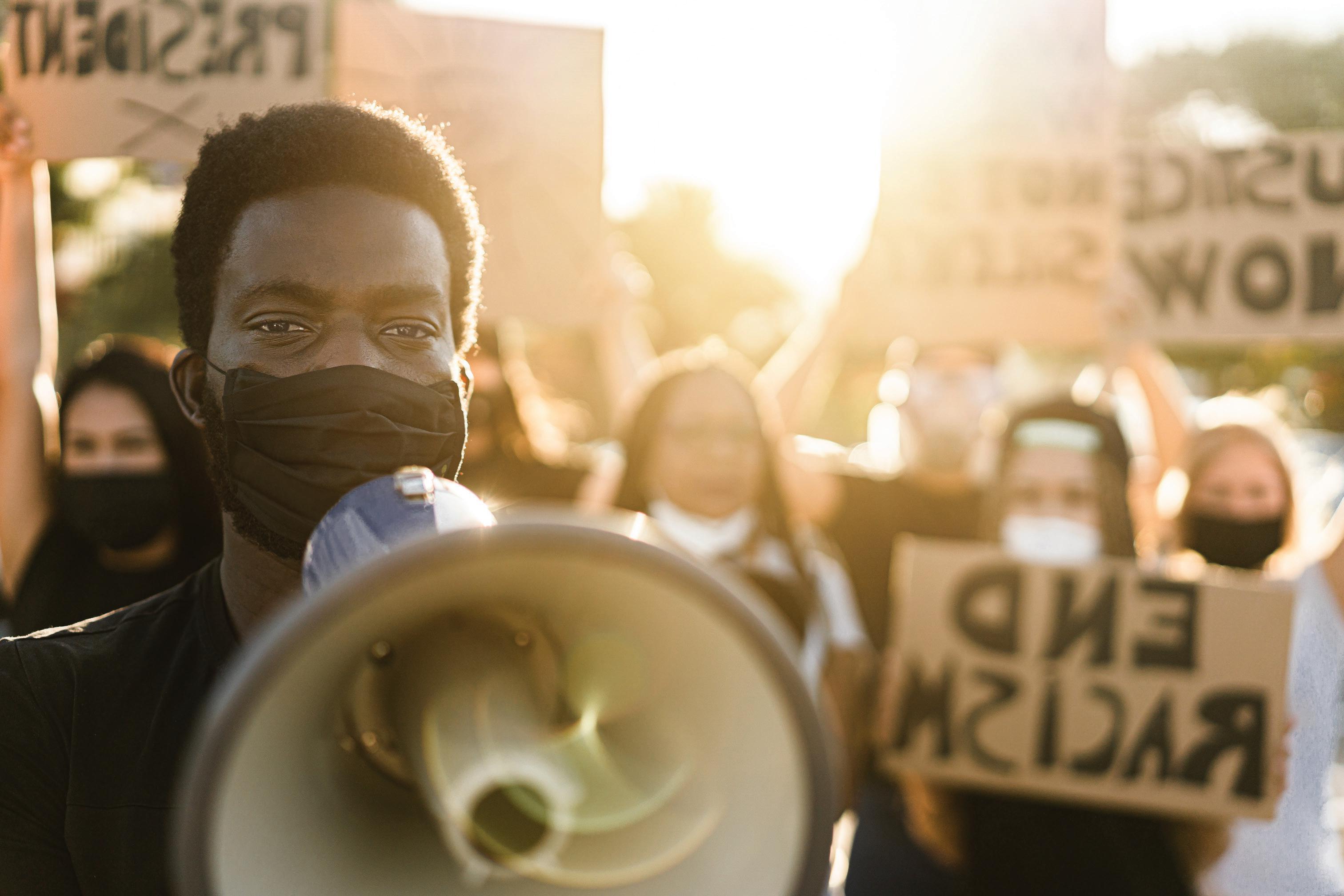
Commissioner Matt Varilek of the Minnesota Department of Employment and Economic Development (DEED) has named Togo-born Ama Eli Akakpo as the new director for employment and training programs. DEED is the state’s principal economic development agency in charge of workforce development and the promotion of business –both domestic and international.
Ms. Akakpo, a prominent leader in Minnesota’s African community, was until recently the director of housing and support services at the Minnesota Department of Human Services (DHS). While at DHS, where she worked for 21 years, she served in a variety of leadership roles directing statewide operational and administrative functions for community assistance and self-sufficiency programs.
She was also in charge of the repatriation of American citizens stranded overseas.
She is a graduate of Minnesota Management and Budget’s Emerging Leaders Institute and the recipient of a degree of advanced studies in Leadership and Organizational Development from St. Catherine University in St. Paul. She has a master’s degree in international law and a bachelor’s degree in public administration from the University of Reims Champagne-Ardenne (France) and the University of Lomé (Togo).
Commissioner Varilek also named
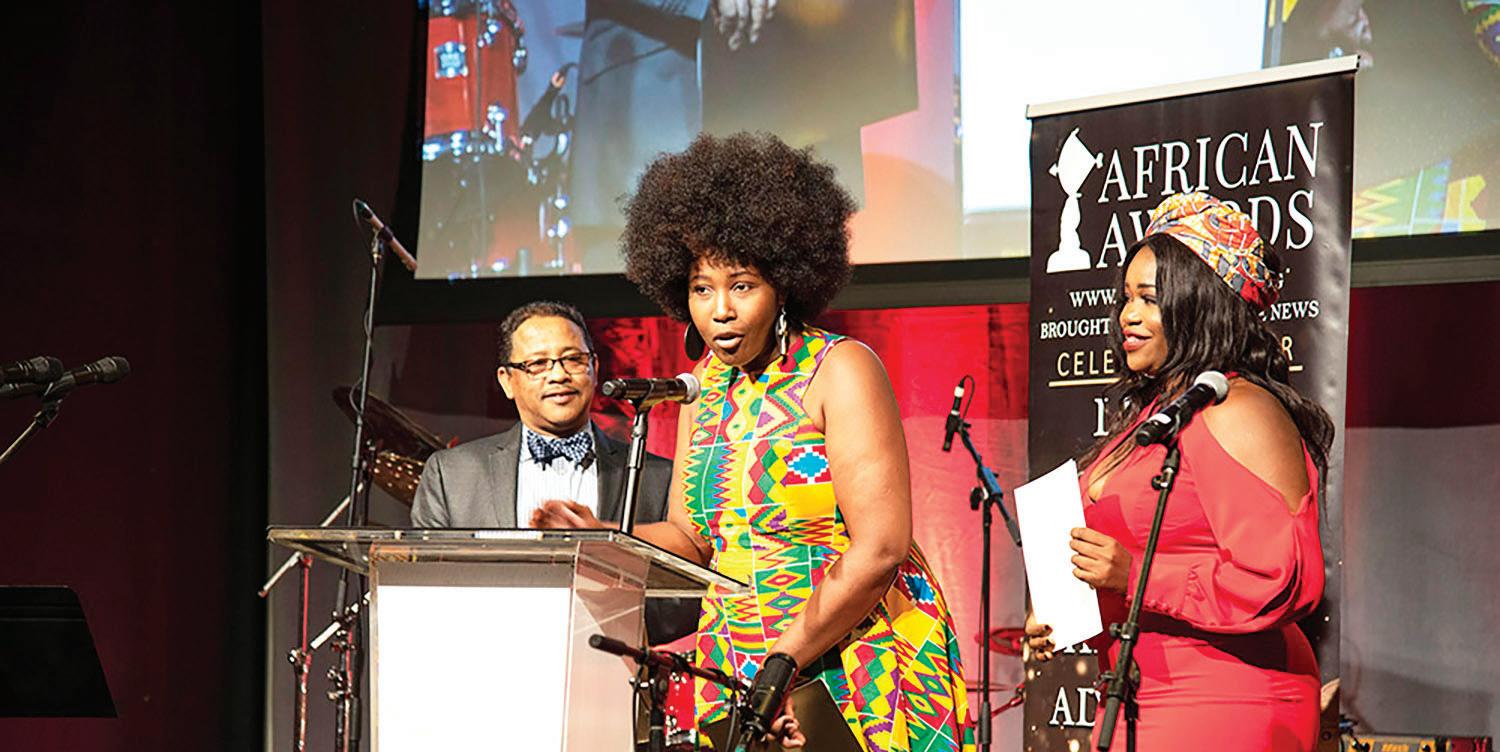
this
Ms. Mitzi Hobot as the director of CareerOneStop, a U.S. Department of Labor funded program that provides career and job search assistance through its careeronestop.org website. Ms. Hobot has extensive workforce development and public relations experience including 15 years of executive leadership and has earned national recognition for innovative workforce programming, a statement from DEED said.
Ms. Hobot earned her master’s degree in public and business
administration from Hamline University.
“Both Ama and Mitzi have a strong understanding of workforce development and a demonstrated commitment to equity,” Mr. Varilek said in a statement. “We continue to hear from partners and employers around the state that workforce is a critical issue. These talented new colleagues will help us move the needle on supporting workers in finding jobs and employers in finding the workforce they need to thrive.”
Deputy Commissioner Marc Majors, who until his elevation to his current role
served in a role similar to Ms. Akakpo, described the two new directors as “amazing leaders (with) exceptional work experience and impeccable credentials.” Both will report to Mr. Majors.
“Ama and Mitzi both have noteworthy commitments to community engagement and collaborative partnership building, and they share the similar goal of creating workforce opportunities so all Minnesotans can thrive in our state’s economy,” Mr. Majors said.
The UN World Health Organization (WHO) has called for a funding boost in tuberculosis (TB) screening and prevention programmes to protect vulnerable populations and achieve key health goals.
Relatively modest new investment could result in significant health and economic benefits, with up to $39 worth of benefits for each dollar invested, the UN agency said, announcing the findings of a study conducted in Brazil, Georgia, Kenya and South Africa.
The returns extend beyond monetary, encompassing substantial improvements in public health outcomes and the mitigation of TB’s devastating impact on individuals, families and communities.
“The investment case outlines the health and economic rationale for investing in evidence-based, WHOrecommended interventions on TB screening and prevention that can contribute to advancing universal health coverage,” WHO Director-General Tedros Adhanom Ghebreyesus said.
“Today, we have the knowledge, tools and political commitment that can end this millennia-old disease that remains one of the world’s top infectious killers.”
While significant strides have been made to combat the disease, with an estimated 75 million lives saved since 2000, TB continues to cause about 1.3 million deaths annually and affects millions more worldwide.
Moreover, multidrug-resistant

TB (MDR-TB) is a growing public health concern, with only about two in five people having accessed treatment in 2022.
Progress in the development of new TB diagnostics, drugs and vaccines remains constrained by the overall level of investment in these areas, WHO said, adding that it is clear much more needs to be done to combat TB.
Against this background, its investment case is expected to serve as a vital advocacy tool for securing

increased resources for TB screening and preventive treatment, aligning with the commitments made by governments at the 2023 High-Level Meeting on TB.
As the global community prepares to World TB Day on 24 March under the theme Yes! We can end TB!, the message reiterates the importance of high-level leadership, increased investments and accelerated uptake of important recommendations, WHO said.
“The next five years will be critical for ensuring that the political
momentum we have now is translated into concrete actions towards reaching global TB targets,” said Tereza Kasaeva, Director of WHO’s Global Tuberculosis Programme.
“WHO will continue to provide global leadership for the TB response, working with all stakeholders until we reach and save every person, family and community impacted by this deadly disease”.
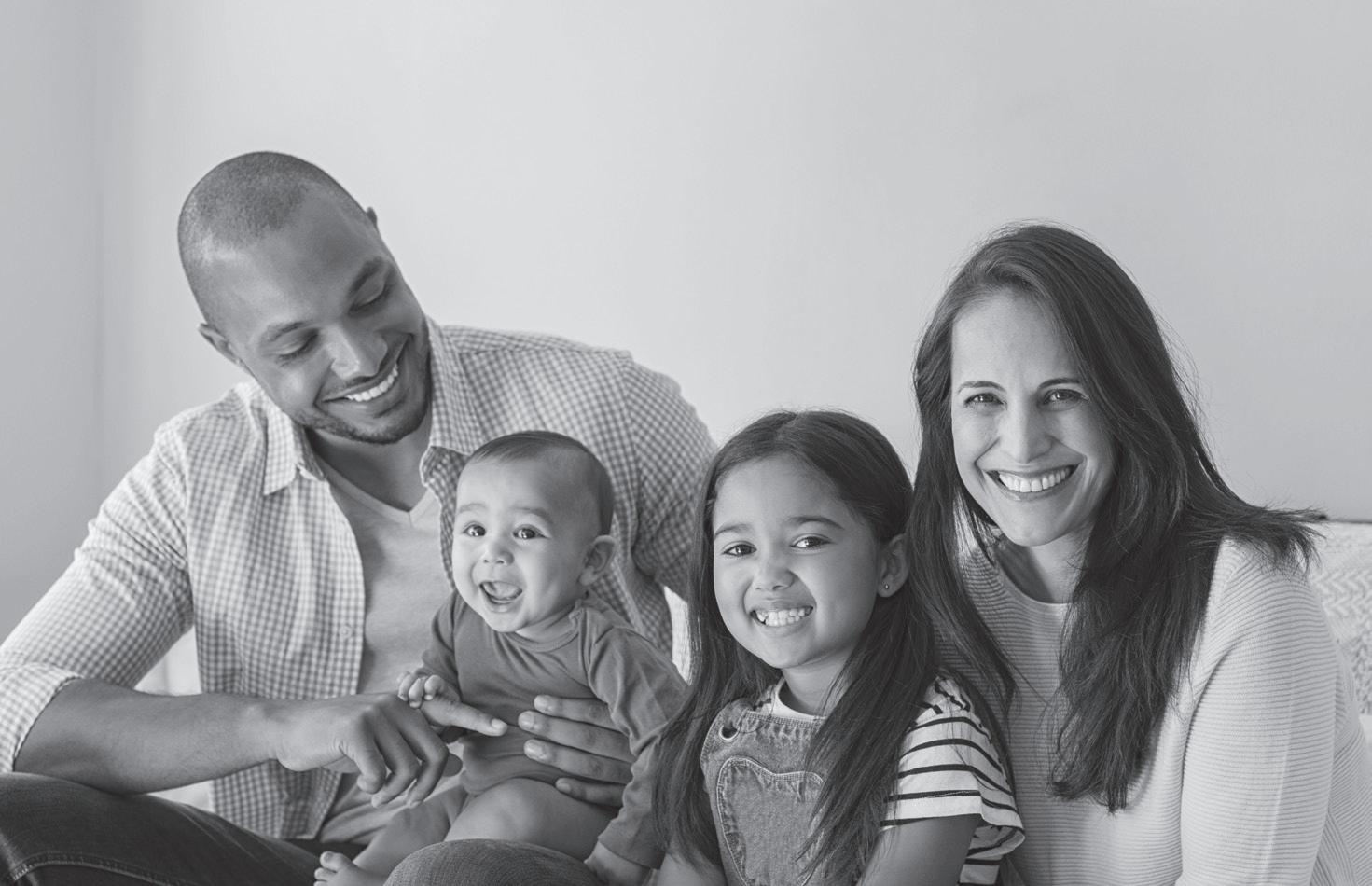
DEARBORN, Mich. (AP) — While Muslim students remain a rarity in many U.S. school districts, they are a major presence in some communities, prompting public schools to be more attentive to their needs during the holy month of Ramadan when dawn-to-sundown fasting is a duty of Islam.
For example, in Dearborn, Michigan — where nearly half the 110,000 residents are of Arab descent — public school teachers and staff strive to make things easier for students observing Ramadan.
“We allow students on their own to practice their faith as long as it’s not a disruption to the school day,” said Dearborn Schools spokesperson David Mustonen. “We also try to find other spaces or activities in the school during lunch for those students who may be fasting.”
But he stressed that these students are still required to complete all assignments.
In St. Paul, Minnesota, East African Elementary Magnet School has set aside space in the library where students who are fasting and don’t want to be in the cafeteria can spend the break doing other supervised activities like reading, said principal Abdisalam Adam.
The 220-student school opened last fall as part of St. Paul’s public schools system, and shares that curriculum, but it also aims to reinforce cultural and linguistic connections with Somalia and other East African countries. Adam said about 90% of the students are Somali Muslims.
Adam, who has worked with the district for nearly 30 years, said he tells his staff that accommodating observance of Ramadan fits in with an overall goal of caring for students.
“All needs are connected,” he said.
For school districts less familiar with Muslim traditions, resources are available. For example, Islamic Networks Group, a California-based nonprofit, provides, among other things, online information for educators about Ramadan and its significance to Muslims.
Many districts “don’t know very much about Islam or any of our holidays,” said Maha Elgenaidi, the group’s executive director. “If they don’t know very much about it, there’s not much they can provide to students in terms of accommodation” until they learn more and the parents are actively involved in asking for accommodations.
She says fasting students may need to be excused from strenuous activities in gym class, and should be allowed to make up for tests missed due to absence
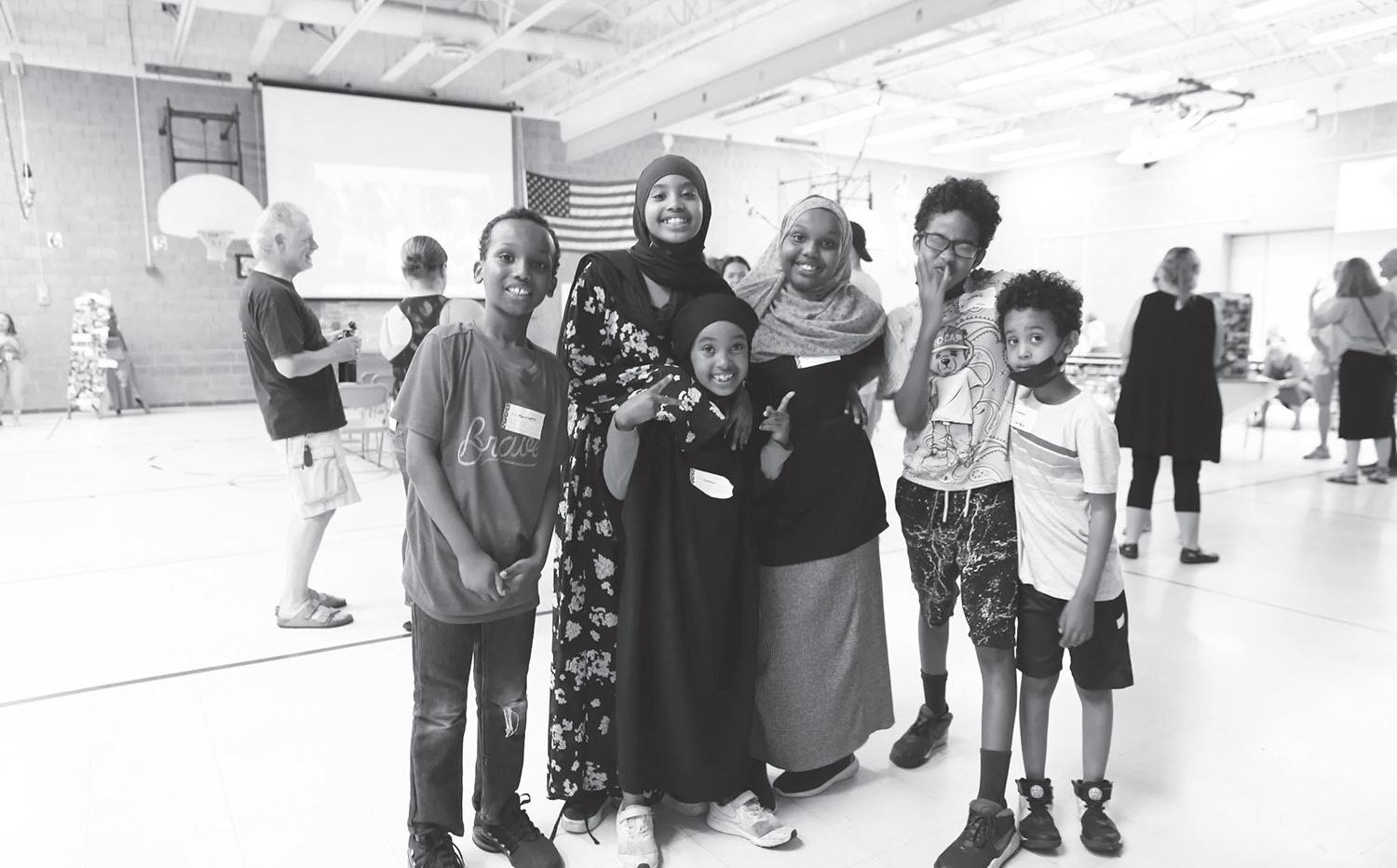
to celebrate the Eid al-Fitr holiday that follows Ramadan.
“If they’re not accommodated at school or the school doesn’t know anything about this, they’re kind of living dual lives there.”
Fasting is not required of young children, but many Muslim children like to fast to share in the month’s rituals and emulate parents and older siblings, according to ING. Educators also need to know of the typical changes to Muslim families’ routines during Ramadan, such as waking up for the pre-dawn “suhoor” meal and staying up late to possibly attend prayers in the mosque, Elgenaidi said.
When Dr. Aifra Ahmed’s children were younger, the Pakistani American physician and her husband would share insight about Ramadan with their classmates, reading to them a Ramadan story and distributing goodie bags with such things as dates.
“I realized that the Muslim families in school have to do a lot of education,” said Ahmed, who lives in Los Altos, California.
Ahmed’s husband, Moazzam Chaudry, said goodwill gestures, such as when educators offer a Ramadan greeting, send a message of inclusivity.
For immigrant families, “that’s the first thing that ... naturally comes to your mind, ‘Are we integrated into this society? Does this society even accept us?’” he said. “These little, little things make such a huge impact.”
Punhal, the couple’s daughter who attends a charter middle school, said she takes part in physical education during Ramadan but skips running when fasting because she would need water afterward.
She said a few non-Muslim friends told her they would like to fast with her in companionship.
Naiel, her brother who’s in a public high school, said he was pleased when a teacher talked to the class about Rama-
dan and told him that, if he needed, he could take a nap.
He wants others to better understand why he fasts.
“A lot of kids and teachers think ... I’m torturing myself or like it’s a diet,” he said. “When I’m fasting, I just feel a lot more gratitude towards everyone around me and towards people who don’t have as much.”
In Dearborn, 14-year-old Adam Alcodray praised the faculty at Dearborn High for their understanding during Ramadan.
“A lot of the teachers are just like more lenient, allowing us to do less,” said Alcodray, a 9th grader. “They don’t get mad because they realize we are hungry.”
Alcodray says he fasts from 6:20 a.m. until around 8 p.m.
“It’s not that bad to be honest,” he said. “When you know you can’t eat, something in your brain clicks.”
Hussein Mortada, a 17-year-old senior at Dearborn High, said family solidarity is invaluable during Ramadan.
“In my family, everybody’s fasting,” Mortada said. “Everybody’s going through the same thing. The whole month is meant for you to get closer to God and make your religion stronger.”
This year, Ramadan carries extra significance due to the hardships being suffered by people in Gaza amid the IsraelHamas war, Mortada said.
“I feel helpless just sitting here on my phone, looking at everything that’s happening,” he said. “All you can do is feel for them and pray for them.”
Alcodray shared similar sentiments.
“When you look at what the children are eating in Gaza, you appreciate what your mom makes,” he said. “When you’re having a bad day, realize what they are going through.”
At the East African magnet school in St. Paul, Marian Aden — who trains other teachers there — makes it a priority to encourage Ramadan-related accommodations for fasting students.
Aden said her youngest daughter, 4-year-old Nora, woke up excited about Ramadan’s start on March 11 — but her teachers in the suburb where they live weren’t familiar with the occasion. Aden said she’ll be relieved when Nora starts attending the magnet school next year.
“She’ll be celebrated for who she is,” Aden said.
Minnesota has been home to growing numbers of refugees from war-torn Somalia since the late 1990s. Several school districts have recently made Eid a holiday.
In Washington, D.C., Abdul Fouzi has two daughters, ages 8 and 12, who have gradually learned the meaning and rituals of Ramadan.
Growing up in Sierra Leone in the 1980s, Fouzi said he was fasting for a full day as early as age 11. But he has not pushed his elder daughter to do likewise.
“They’re still pretty young so they’re not ready to go the whole day without food or water,” he said. “They’re not built like that.”
Still, he wants them to get used to the idea; this year he’d like them to experiment with fasting for a half day.
To Fouzi, more important than strict adherence to the rules at their age is their understanding of Ramadan’s meaning and the importance of praying for peace.
“They make up their own little rules and find loopholes figuring out how they want to participate in and practice Ramadan in different ways, and I’m okay with that,” he said.
Dell’Orto reported from Miami, Fam from Cairo and Sands from Washington.
On February 12, Egypt lost one of its greatest champions of traditional culture. Zakariah Ibrahim, director of the El Mastaba Center for the Preservation of Egyptian Folk Music, and founding leader of the traditional ensemble El Tanbura, passed away in Cairo at age 72.
It is difficult to overstate the contribution this man made to preserving and uplifting ancient traditional music of Egypt. (He took a particular interest in one of the world’s oldest lutes, the simimiyya.) But you can get a sense of Zakariah’s legacy from a remembrance written by our colleague Mark Levine for Al Jazeera.
In fact, it was Mark who introduced us at Afropop Worldwide to Zakariah in 2011, when we spent a month in Egypt researching our Hip Deep in Egypt series. You can hear Zakariah and El Tanbura in a program from that series, Hip Deep in Egypt: Living Traditions. During our stay, we visited Zakariah in Cairo at El Mastaba, a unique museum of instruments, documents, recordings and more, as well as a performance space.
A warm, serene and patient man, Zakariah was among the most memorable individuals we were privileged to meet during that visit, which took place at a pivotal time, between the January 25 Tahrir Square uprising and
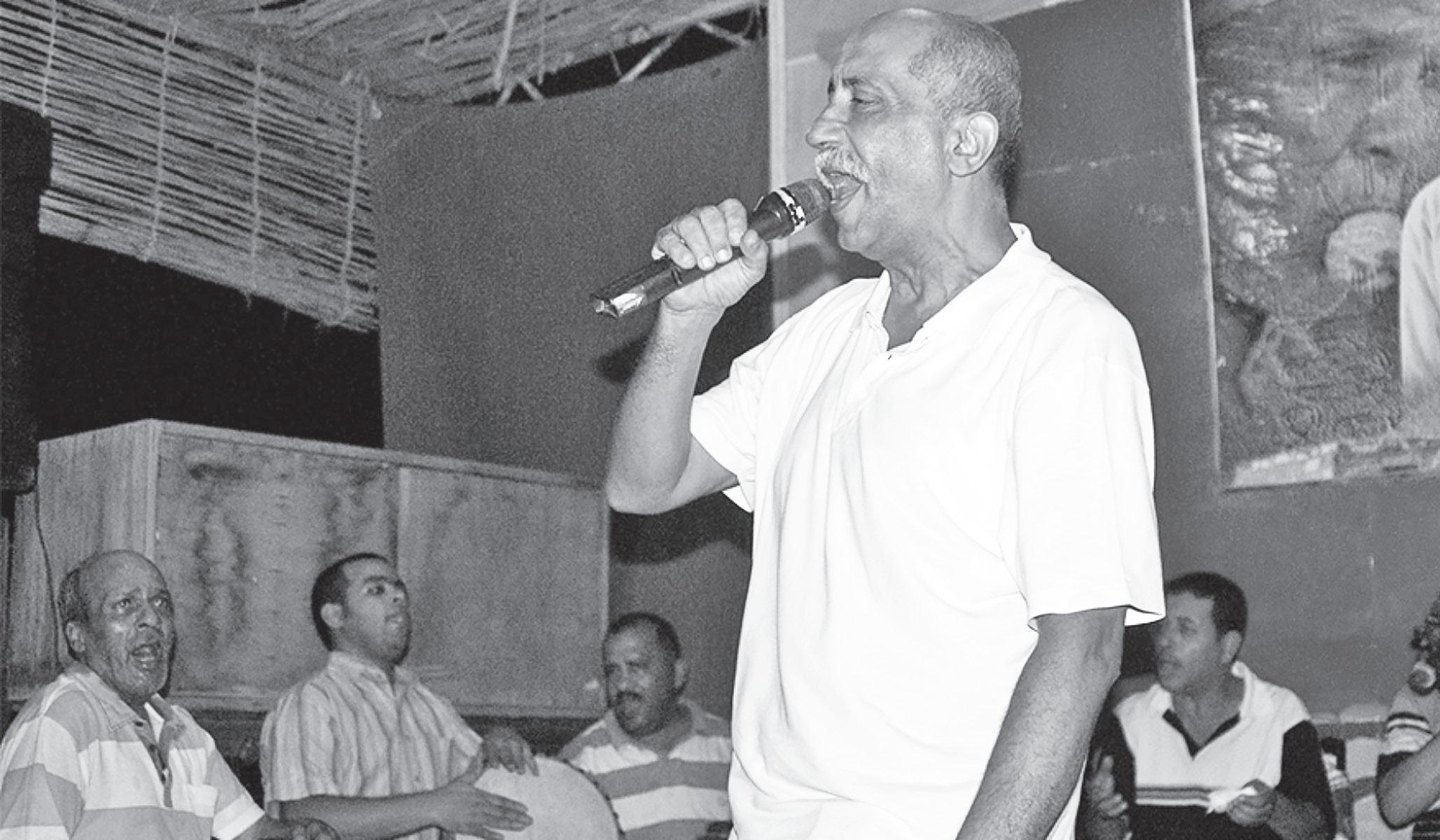
the fateful elections that would ultimately undermine the goals of that rebellion.
Late in our time in Egypt, we traveled to Port Said to see El Tanbura perform by the Mediterranean, looking across the water to the Sinai Peninsula. After the concert, we retired with the musicians to an after-hours spot
His first football season, Isaiah told us, ‘Wear a jersey with my name on it. I want everyone to know you’re here for me.’
Darnell and Denna, adopted 16-year-old Isaiah
for a jam session that lasted nearly until dawn. It was an activity Zakariah referred to as “changing the mind.”
El Tanbura’s music is like nothing else, full of unusual textures and deeply hypnotic. Dancers at their concerts seem joyously entranced, traveling back centuries to the jangle of the
simsimiyya, the heartbeat pulse of hand drums and the melodious chorus of male voices singing in unison.
We were privileged to know Zakariah, and we wish his family, musicians and colleagues courage and persistence in pursuing his worthy mission.
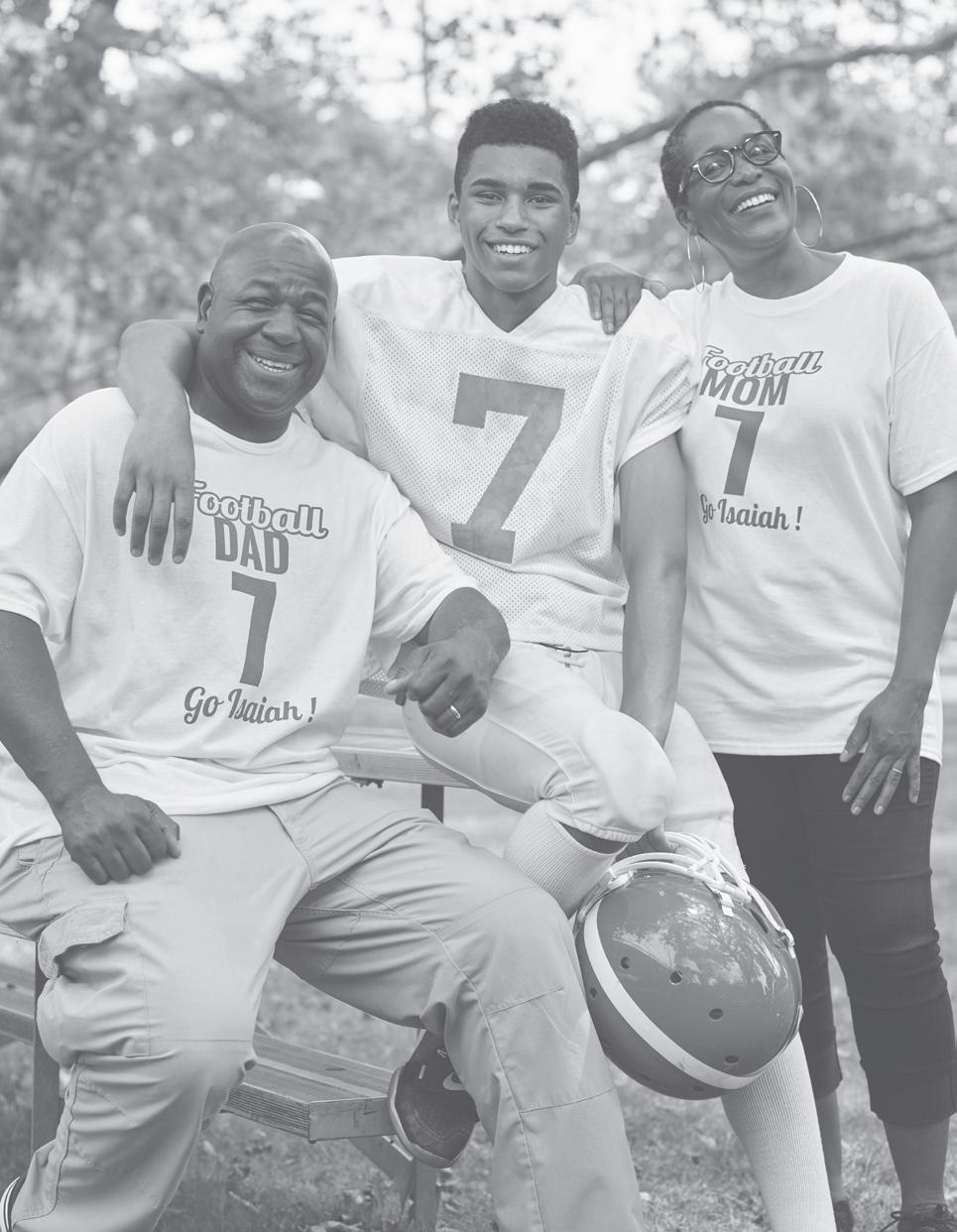
“I want our retirement savings to be as strong as our partnership.”










